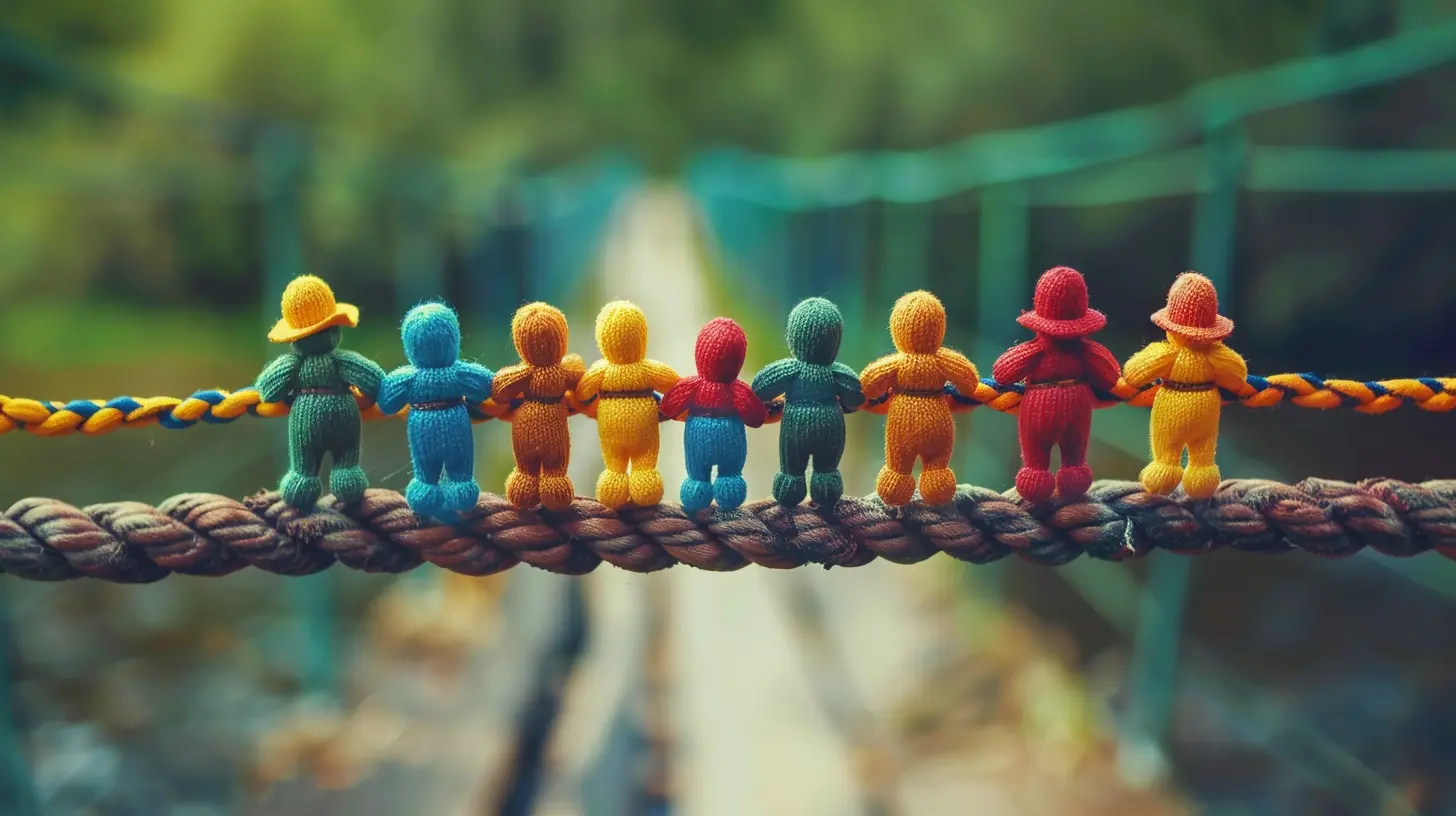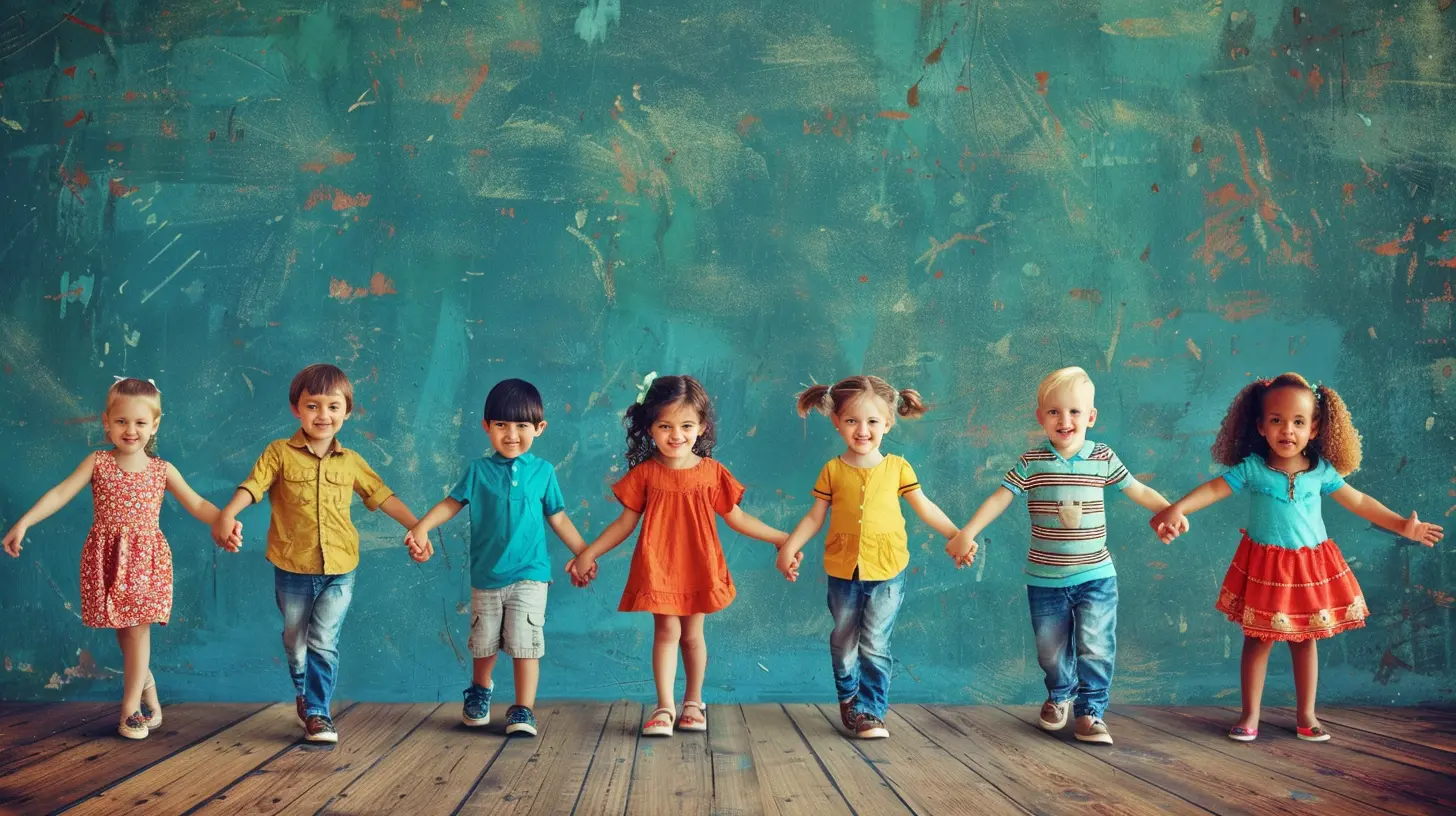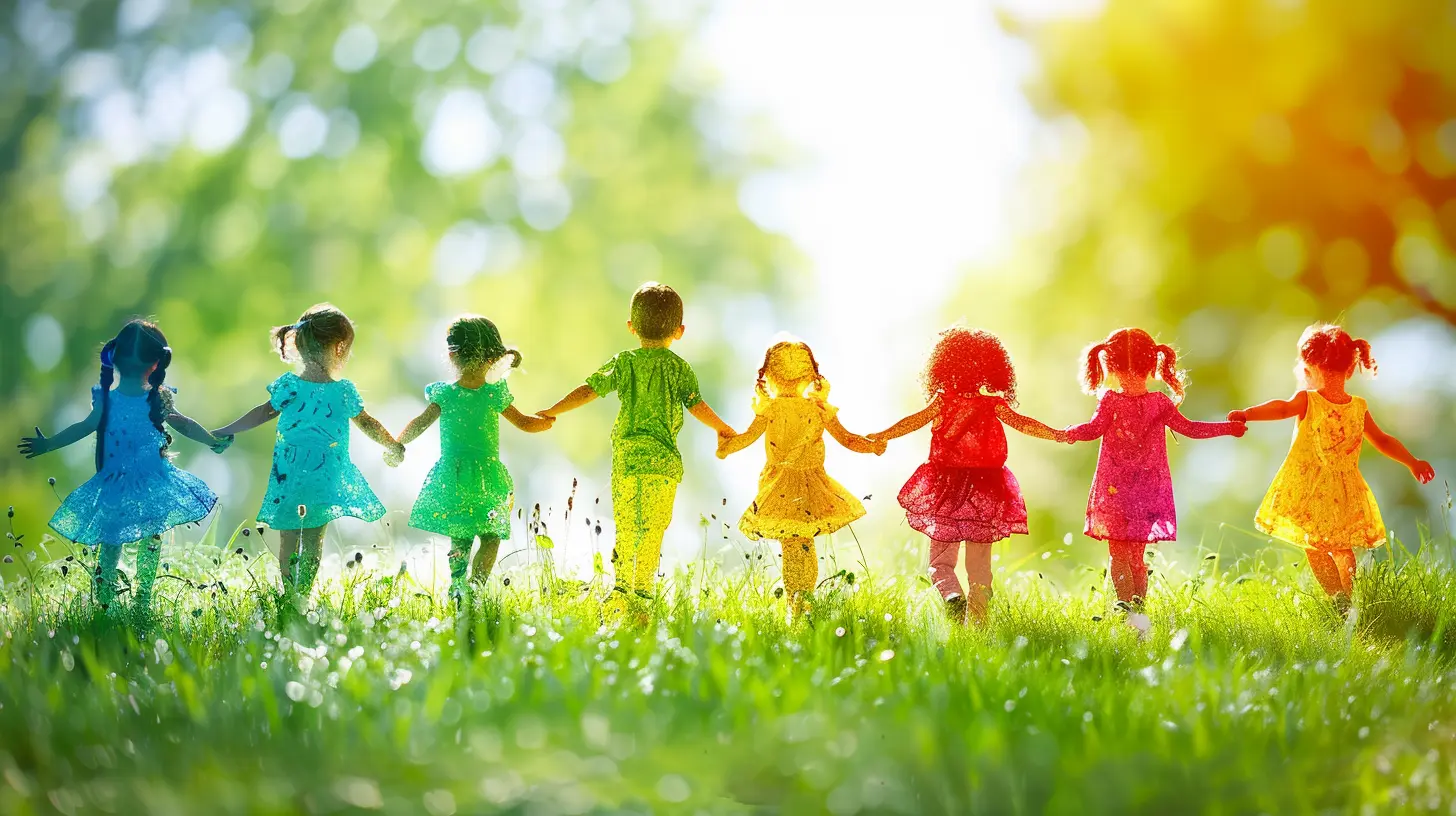The Influence of Peer Relationships on Character Formation
31 May 2025
Introduction
Have you ever wondered why you act the way you do? Your values, habits, and personality traits—where do they come from? While family plays a huge role, your peer group significantly shapes your character. Friends influence how you think, behave, and even perceive yourself.
Think about it: Have you ever started using a phrase just because your friends say it? Or started watching a show just because your group couldn’t stop talking about it? That’s peer influence at work. But how deep does this influence go? And how does it impact character formation? Let’s dive in.

What Are Peer Relationships?
Peers are people of similar age, status, or interests. They can be friends, classmates, colleagues, or even social media connections. Peer relationships are the interactions you have with these people, whether in school, at work, or online.These relationships play a crucial role in shaping who you become. Why? Because we naturally seek acceptance and approval from those around us. This need for belonging can have both positive and negative effects on character development.

How Peer Influence Shapes Character
Our peers impact us in more ways than we realize. Let’s break down how they shape different aspects of our character.1. Moral Development
Ever felt guilty about doing something just because your friends said it was wrong? That’s the power of peer influence on moral development.Peers help reinforce what’s right and wrong. If you hang around people who value honesty and kindness, you’ll likely develop similar moral standards. On the flip side, if your group normalizes lying or cheating, those behaviors can start to feel acceptable.
2. Social Skills and Communication
Friendships teach us how to interact with others. From learning how to share in childhood to understanding emotional intelligence in adulthood, peers play a major role in shaping our social skills.Imagine this—if you’re surrounded by friends who are great communicators, you naturally pick up those traits. But if your group struggles with conflict resolution, you might find yourself avoiding confrontations instead of addressing them.
3. Personality Traits and Habits
Have you ever noticed how people in the same friend group often have similar habits? That’s no coincidence. Whether it's the way they dress, the music they listen to, or their level of ambition, peer groups influence personality and behavior.For instance, if your friends are ambitious and hardworking, you’re more likely to adopt a strong work ethic. But if they often procrastinate or lack motivation, you might find yourself struggling with the same issues.
4. Self-Identity and Confidence
Peers also play a huge role in shaping self-identity. During adolescence, especially, we look to our friends to define who we are. If your friend circle supports and encourages you, your confidence grows. However, if they constantly criticize or compare you to others, self-doubt can creep in.This is why it’s so important to surround yourself with people who uplift you rather than tear you down.

Positive vs. Negative Peer Influence
Peer influence isn’t always bad. In fact, it can be incredibly positive. But it can also lead to harmful behaviors. Let’s compare both sides.Positive Peer Influence
- Encourages good study habits- Promotes kindness and empathy
- Boosts motivation and ambition
- Strengthens moral values
- Supports emotional growth
For example, if your friends are passionate about learning, you’re likely to study harder. If they advocate for kindness, you might become more compassionate too.
Negative Peer Influence
- Leads to unhealthy habits (smoking, drinking, etc.)- Encourages dishonesty or unethical behavior
- Promotes peer pressure and stress
- Reduces self-confidence through constant comparison
- Normalizes toxic or harmful behaviors
Ever felt pressured to do something just because “everyone else is doing it”? That’s negative peer influence at play. Unfortunately, the need to fit in can sometimes push people towards behaviors they wouldn’t otherwise engage in.

How to Navigate Peer Influence
You can’t avoid peer influence—it’s a natural part of life. But you can control how it shapes you. Here are some ways to navigate it wisely.1. Choose Your Friends Wisely
The saying “You are the average of the five people you spend the most time with” is true. Surround yourself with people who align with your values and uplift you.2. Stay True to Your Values
It’s easy to get swept up in group behaviors, but always ask yourself: Is this the kind of person I want to become? If something feels wrong, trust your instincts.3. Learn to Say No
Peer pressure is real, but so is the power of saying no. You don’t have to follow the crowd if something doesn’t feel right.4. Be a Positive Influence
Instead of being influenced by negativity, be the one who brings positivity into your group. Lead by example—your confidence in your values might inspire others.The Role of Parents and Teachers
Parents and teachers aren’t part of peer circles, but they play a huge role in guiding character formation. Open conversations, proper guidance, and setting positive examples can help young people navigate peer influence wisely.Encouraging kids and teens to think critically about their friend choices and actions can make a difference in shaping their character.
Conclusion
Peer relationships are powerful. They shape our morals, habits, confidence, and personality. While they can be a force for good, they can also steer us in the wrong direction if we’re not mindful.The key? Choose friends who bring out the best in you. Stay true to your values. And whenever you feel influenced in a way that doesn’t serve you, remember—you have the power to walk away. Your character is in your hands.
all images in this post were generated using AI tools
Category:
Character EducationAuthor:

Olivia Chapman
Discussion
rate this article
3 comments
Felix Lawson
Great insights! Peer relationships truly shape our character in profound ways.
June 21, 2025 at 12:57 PM

Olivia Chapman
Thank you! I appreciate your thoughts on the important role peer relationships play in character development.
Nico McConnell
How do peer interactions uniquely shape our values and decision-making throughout different life stages?
June 17, 2025 at 11:55 AM

Olivia Chapman
Peer interactions significantly shape our values and decision-making by providing social feedback, fostering shared experiences, and influencing norms. Throughout different life stages, these interactions adapt, impacting our identity, moral development, and choices in unique ways.
Vanta Lee
This article beautifully highlights the transformative power of peer relationships in shaping our character. It reminds us that the connections we forge can profoundly influence our values and behaviors, cultivating empathy and resilience. Thank you for shedding light on this essential aspect of personal growth!
June 4, 2025 at 11:45 AM

Olivia Chapman
Thank you for your thoughtful comment! I'm glad you found the insights on peer relationships and their impact on character formation meaningful.



